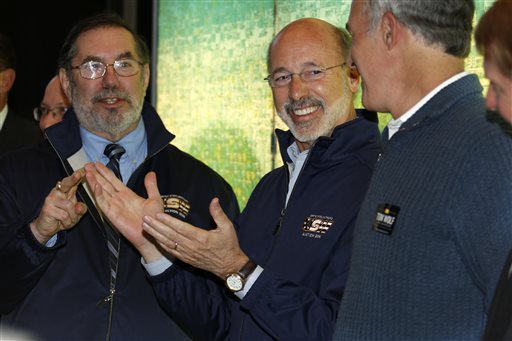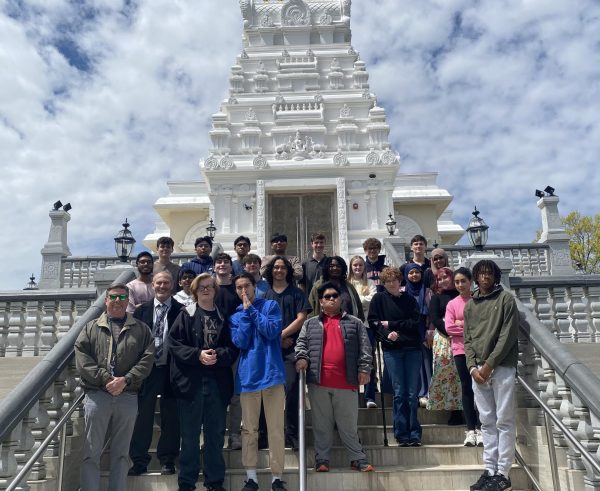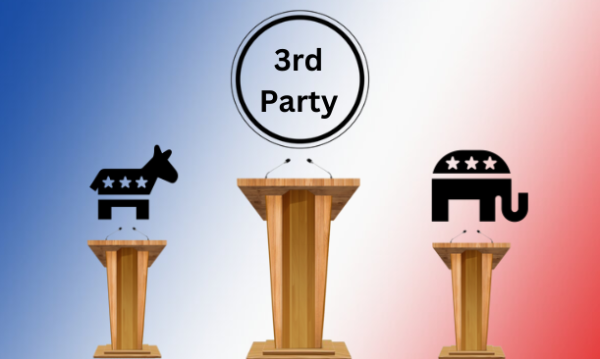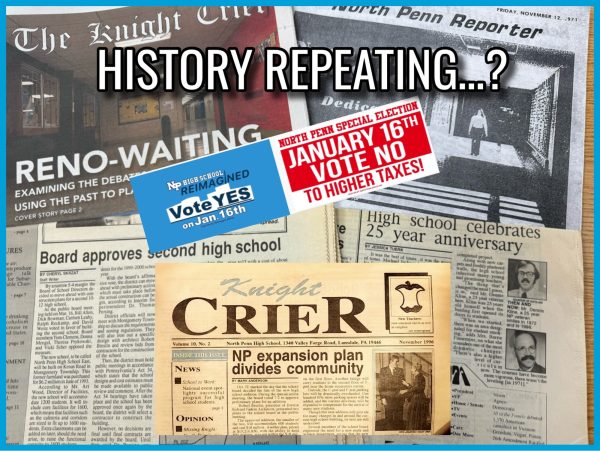Wolf’s “No, thank you” rule restores legitimacy to PA government

Pennsylvania Democratic gubernatorial candidate Tom Wolf, center, joins United Steelworkers President Leo Gerard, left, and U.S. Senator Bob Casey, D-Pa., at a rally at the United Steelworkers headquarters in downtown Pittsburgh, Monday, Nov. 2, 2014. Wolf is looking to unseat incumbent Republican Governor Tom Corbett in Tuesday’s mid-term election. (AP Photo/Gene J. Puskar)
December 5, 2014
In early November, Pennsylvania elected Tom Wolf as the man to replace Tom Corbett as the PA state governor, and one of Wolf’s first actions was a policy that touched upon ethics for both himself and his transition-team advisers: a ban on all gifts. Wolf additionally plans to implement a similar ban for appointees and executive branch employees when he takes his place in office.
Simply called the “No, thank you” rule, Wolf’s ban will prevent those who work for him from accepting any gifts while they serve in office.
“The rule will be easy to apply and easy to report—no free lunches, no free tickets to ball games, and no free trips to conferences or vacation resorts. If you come and work for Tom Wolf in Harrisburg, there will be no ‘gifts’ as part of your job,” Wolf said during his Campaign for a Fresh Start.
Wolf’s gift ban is a huge step for both Harrisburg and the nation. In a society in which materialism plays an appallingly large role, the ban takes measures to prevent greed from having influence on the government.
Guilty of the act that Wolf is working to prevent, Governor Tom Corbett has been reported to have accepted over $28,000 in gifts over his term, almost $19,000 of which coming from state government regulated businesses. These gifts are unquestionably a form of bribery that give gift-givers leverage and power in a government.
In 2011, John Moran, owner of Moran Industries, a trucking company, reportedly gifted Corbett and his wife with a $1,500 private yacht trip. Quite coincidentally, Corbett just happened to appoint Moran to the Advisory Council on Privatization and Innovation Commission only two months later.
A government tainted with bribery is not a proper government. Historically, those who achieved their positions simply using bribery ultimately have not been met with success, since they were not qualified for the job. Here, in the 21st century, gifts and bribes certainly have no place in government as a means to climb up the ladder of success. Knowledge, experience, hard work, dedication — qualities like these that one should have to gain power and authority in the government can all too easily be obscured by the promise of material reward.
Wolf’s gift ban is a big step for his government. He is not the first state governor to have created such a ban, but his participation in the movement to ban gifts in politics will encourage other states to implement a similar rule. Eventually, such a ban could be implemented at a federal level, preventing bribery from tarnishing the nation’s government as a whole.
Some may claim that gift-giving in the government is not always associated with acts of bribery. In that case, do these politicians really need free tickets to concerts and sporting events? Why shouldn’t they pay for luxury items just as everyone else must?
Obviously, Governor Corbett has not been the only politician ever to accept a gift of bribery. Hopefully, Tom Wolf’s new ban will accelerate the process of eliminating the acts of bribery which have become increasingly common in US government.



















